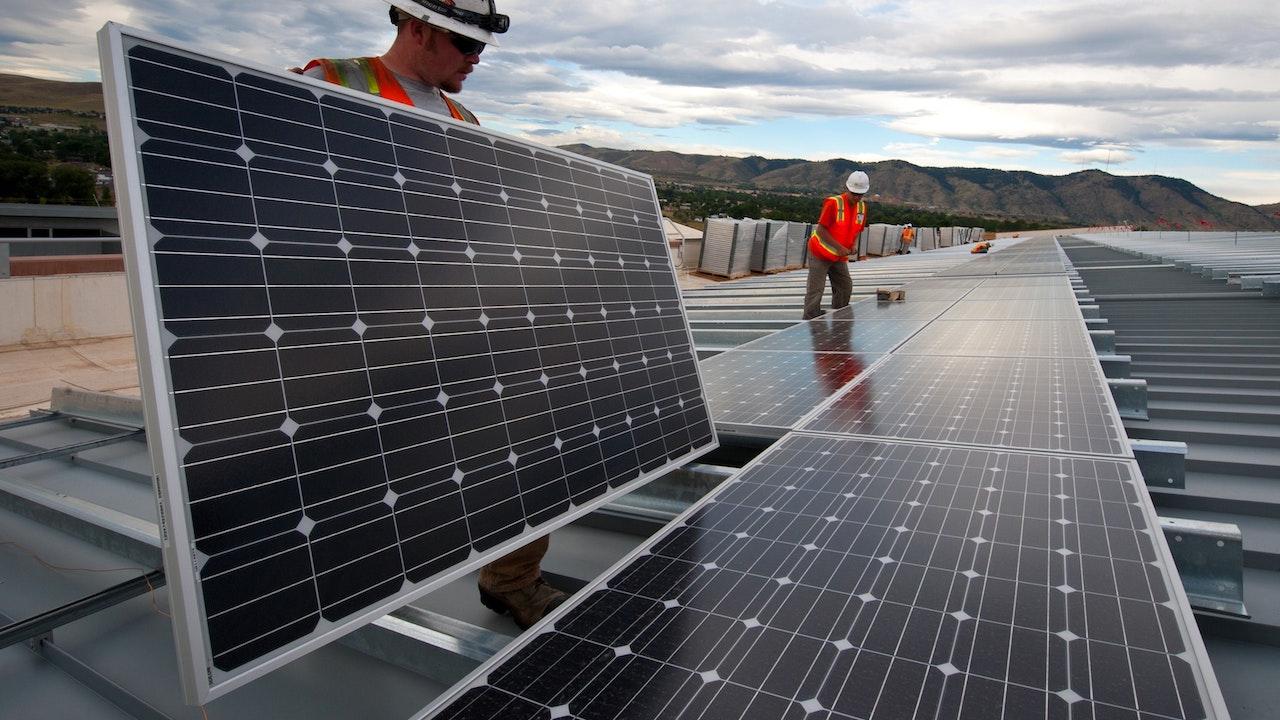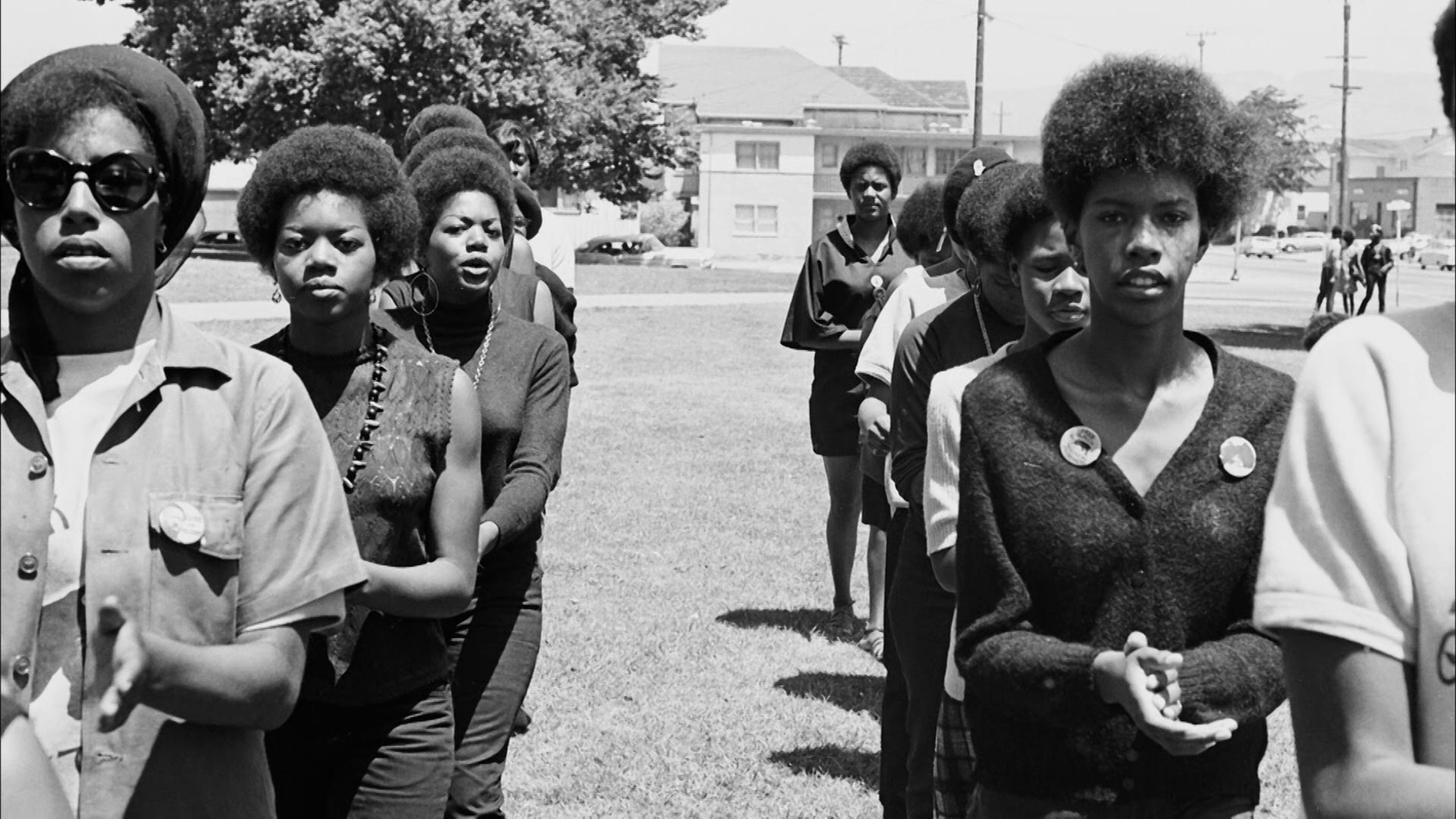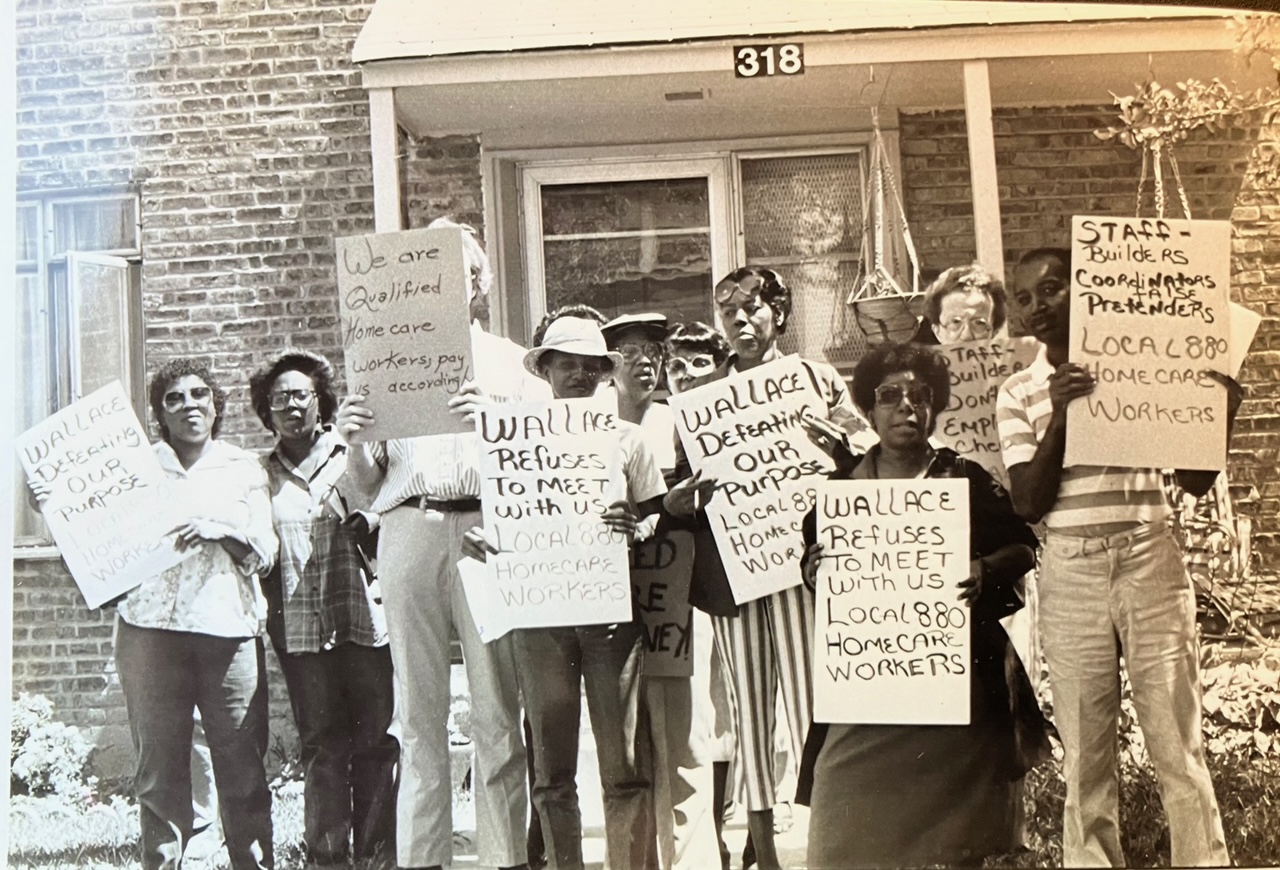There’s always a front. We rarely see stockholders or company executives in front of the camera making their case for why dividends are more important than human survival on the planet. We never see them with banners or picket signs demanding their right to profit. Instead, these companies use workers — typically white male workers — as proxies, allowing them to shift the focus from the real environmental harm caused by their businesses to the imagined financial harm caused to workers by a new, greener economy.
Of course, the whole narrative is a myth. By focusing public attention on white male workers, the pollution elite attempts to hide the fact that the communities who bear the brunt of environmental degradation — and who are fighting for environmental justice — are Black, brown, Native American, and low income. In addition, there are far more jobs in clean energy than in fossil fuels, and there could be even more with a comprehensive investment in a Green New Deal on the part of the federal government.
Still, by pitting jobs against the environment, the Right has successfully won over white, working-class voters fearful of falling further behind in an economy rigged for the rich. To flip this script, we need to organize those who are doing the vital work of building a just and sustainable economy as well as those who would most benefit from good, green jobs. As organizers, we should focus our campaigns on helping to build this economy, not just fall back on organizing within the constraints set by the pollution elite.
Green energy, broadly construed, is a fast-growing job sector. In fact, the two fastest growing occupations in America are solar panel installers and wind turbine technicians. There are nearly 3.4 million workers in the green energy sector alone, outnumbering fossil fuel workers by a three-to-one margin. Clean energy employment increased by 128,000 in 2019. The number of jobs in solar energy alone has more than doubled since 2012.
If we want to establish high standards for the conditions of work in this industry, that window of opportunity is open now. An organized workforce at the dawn of a new industry will have the best shot at transforming its standards of compensation and safety.
A united base of workers in this sector could also reshape the politics surrounding climate. States as diverse as Arizona (the third-largest producer of solar energy in the country), Florida (the second-largest employer of solar workers), Iowa (the second-largest producer of wind power in the country), North Carolina (the second-largest producer of solar power) and Texas (the nation’s largest producer of wind power) are all undergoing a shift — with the attendant opposition from vested interests — from an economy dependent on fossil fuel production to one more reliant on renewables. Organized workers in this industry could significantly alter how elected leaders respond to the threat of climate crisis — as well as the opportunities the crisis presents for developing new industries.
Labor organizers have a real opportunity to remake our economy to achieve racial justice, fight climate change, and create millions of good, green jobs. The Green Workers Alliance (GWA), a project of the Partnership for Working Families, recently launched to do just that. The GWA will organize current and potential workers in this growing industry to win a green stimulus big enough to take on the twin crises of environmental injustice and economic inequality.
We need a strong, worker-led movement that supports the Green New Deal and a just transition to a renewable economy. In order to realize this kind of movement, workers need an organizational home where they can build community, grow their leadership, and lead the kind of policy and direct action campaigns necessary to reshape our national and regional economic priorities. Worker organizing cannot be just a means by which we achieve economic benefit for a select group of workers; rather, it needs to be the vehicle through which we support and develop the capacity for democratic action and leadership of our base.
We see our work as vital, not just to those currently employed in the green sector but also to the millions of newly jobless and underemployed workers who would benefit from a massive green stimulus. Such a stimulus must include access to green jobs and paid training for everyone, with an emphasis on reducing the huge income disparities between white workers and workers of color, especially Black workers.
GWA will ground our work in a strong racial justice analysis and actively fight to disrupt systems and institutions that devalue the lives and labor of Black, Indigenous, and other people of color (BIPOC). We recognize the challenges of organizing an industry that relies heavily on the labor of white, non-college educated men around a racial justice platform. However, there is both a need and an opportunity to build unity between white workers and BIPOC workers to defend the environment, create jobs, and ensure that new jobs are well compensated and safe.
We can only win transformative change like the Green New Deal or new worker-to-owner relationship regimes through levels of worker organization which currently don’t exist in these sectors. Even as we help workers at individual companies gain collective bargaining rights, we also need industry-wide organizing along the lines of the approaches of independent worker organizations like United for Respect, the Freelancers Union, Restaurant Opportunity Center (ROC), Coalition of Immokalee Workers, Warehouse Worker Resource Center, Workers Defense Project, National Domestic Workers Alliance (NDWA), and Gig Workers Rising.
In particular, we are building on the online-to-offline organizing tactics of the United for Respect and Gig Workers Rising campaigns. Online strategies are essential in building industry-wide organization without a large number of staff organizers — and they are particularly important in the time of COVID. The impact of the pandemic has already led us to pivot from a plan that prioritized organizing on the ground in Virginia to one more focused on online organizing. Of course, it remains essential to continue to find ways to organize workers face-to-face, whether through socially distant gatherings, car protests, or other means.
The economic crisis unleashed by the pandemic along with the renewed focus on racial inequality stemming from the Black Lives Matter protests have pushed us to recalibrate our initial work plan. Instead of targeting only current workers in the green sector, we are broadening our focus to the potential green workers of the future: those who would benefit from access to good jobs in this field. And instead of focusing primarily on Virginia, we are looking nationally. In this moment of crisis, we are reimagining what is possible and deciding to go big with this effort. We will use social media targeting to connect with this workforce. We will mobilize people to take action online around bold green stimulus plans at both the state and federal level. We will build a core of leaders who can organize others. And, as we build critical mass in certain areas, we will move members to action in the field.
We don’t have all the answers, but we know that it is time to experiment with new models to build worker power and put an end to corporate elites playing jobs against the environment. And we know that building organization among workers in the renewable energy sector is vitally important for political change. Organized workers can help us win transformative policies like the Green New Deal. They can help win support for a bold, progressive agenda among the vast majority of green workers who are not part of the traditional labor movement. And they can help us forge a path forward towards a new green economy with racial and economic justice at its very center.







Become a Sustaining Donor to The Forge!
The Forge is built by and for organizers. Though we’ve raised a bit of startup money to build the site, this publication and community will be only as strong as we, together, make it.
Please click below to become a sustainer. When we have some cool swag, you’ll be first in line!
DonateRelated Articles
Will the Revolution Be Funded?
Organizing One of the Largest Black Led Unions in the United States
How Labor Can Fight Fascism
Dusting off a Seven-Year-Old Demand To Win Millions for Philly’s Public Schools
Get the latest articles sent to your inbox